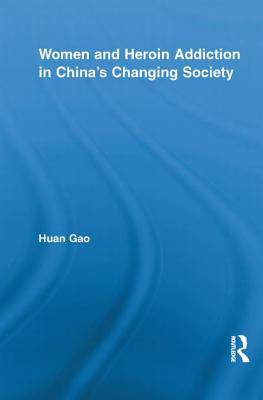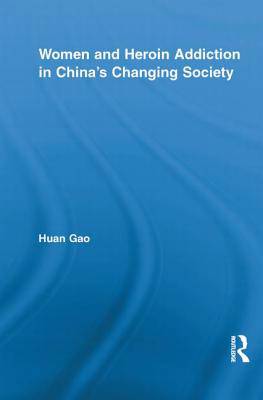
- Retrait gratuit dans votre magasin Club
- 7.000.000 titres dans notre catalogue
- Payer en toute sécurité
- Toujours un magasin près de chez vous
- Retrait gratuit dans votre magasin Club
- 7.000.000 titres dans notre catalogue
- Payer en toute sécurité
- Toujours un magasin près de chez vous
Description
Accompanying China's economic reform and open-door policy in 1978, illicit drug use emerged in the late 1980s, and gradually developed into a serious social problem. Heroin was the dominant illicit drug consumed in the new drug epidemic, and the number of female heroin users has increased rapidly in the country. While heroin use in China is soaring, little is known about women's heroin use in the context of China's rapidly changing society.
Using intensive interviews with 131 female heroin users, this book explores the careers of female heroin users in China under changing social contexts in the reform era. It investigates the impacts of sociological and individual factors on women's heroin use in each developing stage of their drug use careers. It also examines the social consequences of women's heroin use by looking at connections between women's heroin use and criminality, and the change in women's social relations after heroin use. Lastly, the book analyzes and ascertains the impact of current narcotics control policies on women's drug use careers.
This groundbreaking book has important policy implications for both China and the international society in the context of increasing global concern about women's substance abuse.
Spécifications
Parties prenantes
- Auteur(s) :
- Editeur:
Contenu
- Nombre de pages :
- 226
- Langue:
- Anglais
- Collection :
Caractéristiques
- EAN:
- 9780415852142
- Date de parution :
- 24-06-13
- Format:
- Livre broché
- Format numérique:
- Trade paperback (VS)
- Dimensions :
- 152 mm x 229 mm
- Poids :
- 308 g







